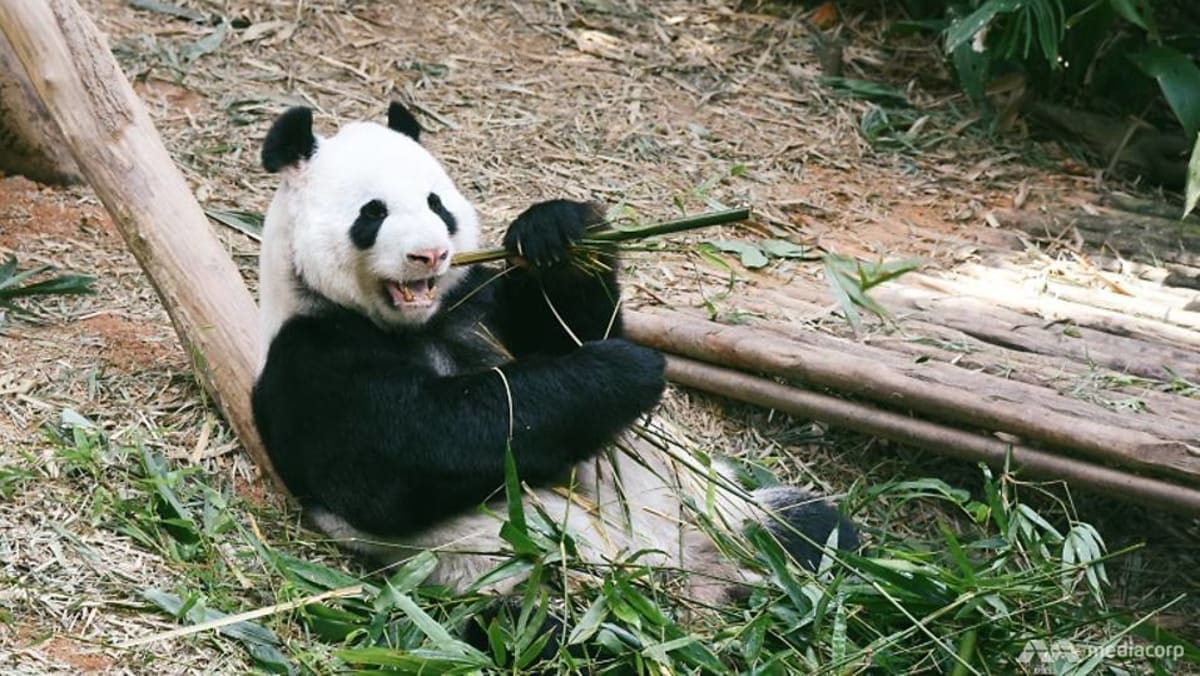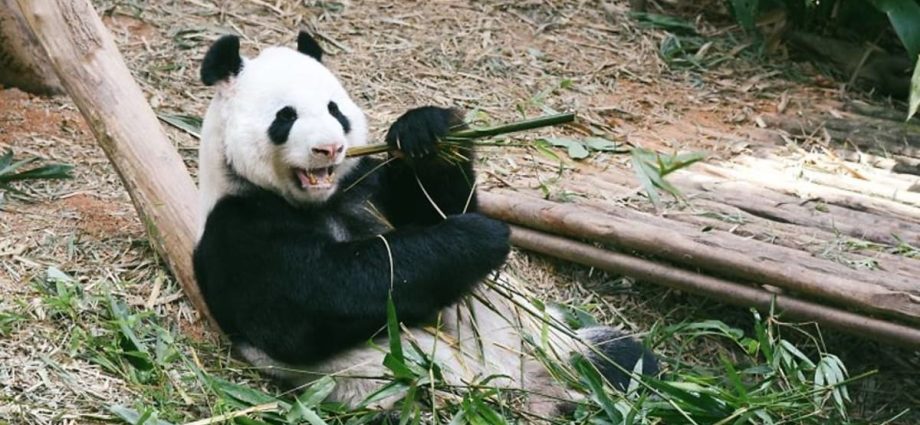
But is this changing along with perceptions of China on the global stage, as well as what could be characterised as roiling ties with several countries in the West and beyond?
“In the past, it seemed that China was wanting to seek or strengthen favourable relations with other nations,” said historian Elena Songster from the Saint Mary’s College of California, who authored the book Panda Nation.
“Now, panda loans seem to reflect which nations seek favourable relations with China.”
WHAT’S PANDA DIPLOMACY?
Soft power can be seen as a non-coercive form of influence, as explained by Assistant Professor Benjamin Ho, who coordinates the China programme at the S. Rajaratnam School of International Studies (RSIS) think-tank.
“Panda diplomacy represents just one of the many tools of diplomacy China has at its disposal,” he said.
The creatures have long been utilised as such, with Tang Dynasty records showing that the practice of gifting pandas to other countries dates back to the seventh century.
In more modern times, the then-Soviet Union was gifted giant pandas Ping Ping and Qi Qi in the 1950s, after it became the first nation to establish diplomatic ties with China.
Shortly after former American president Richard Nixon’s high-profile visit to China in 1972, Ling Ling and Hsing Hsing were welcomed to the Smithsonian National Zoological Park in Washington by thousands.
Today, countries who want pandas must loan them on a ten-year lease with a fee of up to US$1 million a year. Any cubs born during the loan period also become China’s property.
There are at least 60 giant pandas spread across 18 countries.
The pandas “serve as an index as well as a vehicle for promoting good relations between China and the recipient country”, said soft power expert Alan Chong, also a senior fellow at RSIS.
When Chinese President Xi Jinping visited Russia in 2019, he announced the loan of two pandas to Moscow’s zoo, which his counterpart Vladimir Putin called a “gesture of particular respect and trust”.
Last year, Beijing sent two giant pandas to Qatar just ahead of the football World Cup, fulfilling a request by Emir Sheikh Tamim bin Hamad al-Thani during an earlier state visit to China.
The pandas represent the “profound friendship” between the nations, according to Qatar’s envoy to China.
The strength of their appeal can be said to warm even the iciest of relations.
In 2005, pandas Tuan Tuan and Yuan Yuan were offered as a goodwill gesture to Taiwan, which China views as its own territory. Even though Taipei initially said no, the bears arrived three years later.
And Tuan Tuan’s death in November last year – in these far less cordial times – was met with widespread mourning, with Taipei’s mayor thanking the panda for “bringing happiness to Taiwanese people”.
“There are many people in Taiwan who oppose China’s claim to the island, yet still love having the panda in their zoo,” said Ms Songster.

